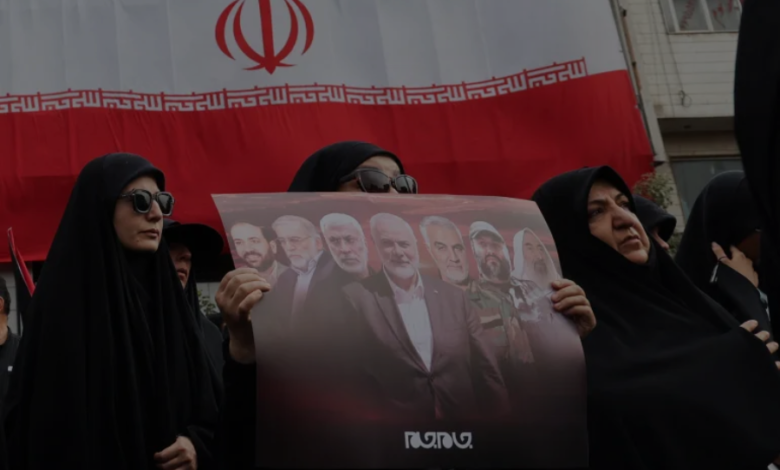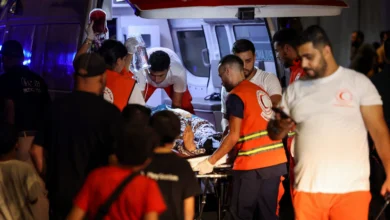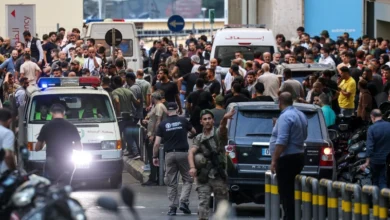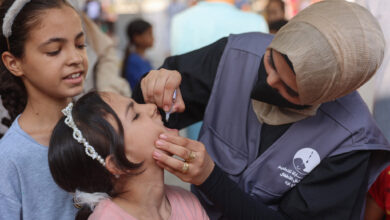OIC says Israel ‘fully responsible’ for Hamas chief Haniyeh’s killing

The Organisation of Islamic Cooperation (OIC) has blamed Israel for the killing of Hamas political chief Ismail Haniyeh last week in Iran, which vows retaliation. In an extraordinary session on Wednesday, the 57-member bloc said in a statement that it “holds Israel, the illegally occupying Power, fully responsible for this heinous attack,” which it described as “a serious infringement” on Iran’s sovereignty.
The Gambia’s Foreign Minister Mamadou Tangara, whose country chairs OIC, said Haniyeh’s “heinous” assassination and the ongoing war in Gaza could lead to a regional conflict. “The aggression and violation of the sovereignty and territorial integrity of the Islamic Republic of Iran by the assassination of a political leader on its land is an act that cannot be viewed in isolation,” said Tangara.
“This heinous act only escalates the existing tensions, potentially leading to a wider conflict that could involve the entire region.”Iran and Palestine had called for the OIC meeting in the Saudi coastal city of Jeddah. The bloc describes itself as the collective voice of the Muslim world.
Host Saudi Arabia also said Haniyeh’s assassination was a “blatant violation” of Iran’s sovereignty. The kingdom’s deputy foreign minister, Waleed al-Khereiji, said his country rejects “any violation of the sovereignty of states or interference in the internal affairs of any country.”Hamas and Iran have blames Israel for Haniyeh’s killing in Tehran last week, but the Israeli government has not confirmed or denied responsibility.
Iran has promised retaliation, warning Israel of “harsh punishment.” However, the United States and other Western countries have been urging de-escalation. On Wednesday, US State Department spokesperson Matthew Miller said that several OIC members agree with Washington that escalation would only exacerbate the continuing crises in the region.
“We would hope that at that OIC meeting, the same thing happens that we have been trying to effectuate throughout the last week, which is that all parties that have a relationship with Iran impress upon Iran – the same way that we’ve been impressing upon the government of Israel – that they shouldn’t take any steps to escalate the conflict,” Miller said. Haniyeh, who Hamas’s Gaza chief Yahya Sinwar replaced, was leading ceasefire talks for the Palestinian group, but the US has not condemned his assassination.
Late in May, US President Joe Biden outlined what he termed a multiphased Israeli proposal to end the war that would see the release of Israeli captives in Gaza and Palestinian prisoners in Israel, leading to an “enduring” ceasefire.
Washington, which has vetoed three United Nations Security Council measures that would have called for a ceasefire in Gaza, initially blamed Hamas squarely for failure to reach an agreement. However, on Wednesday, Miller said additional issues and facts on the ground have come into play since May, and there are “final issues” that both Hamas and Israel still need to agree to. He stressed that the outstanding disagreements are “bridgeable.”
In an address to the OIC meeting, the Gambia’s Tangara called for “durable peace that addresses the root causes of the [Israeli-Palestinian] conflict.” “It is incumbent on the international community to come together to ensure that humanitarian assistance reaches all those in need while simultaneously continuing to push for a sustainable political settlement that allows for the peace and security for all peoples in the region,” Tangara said.




